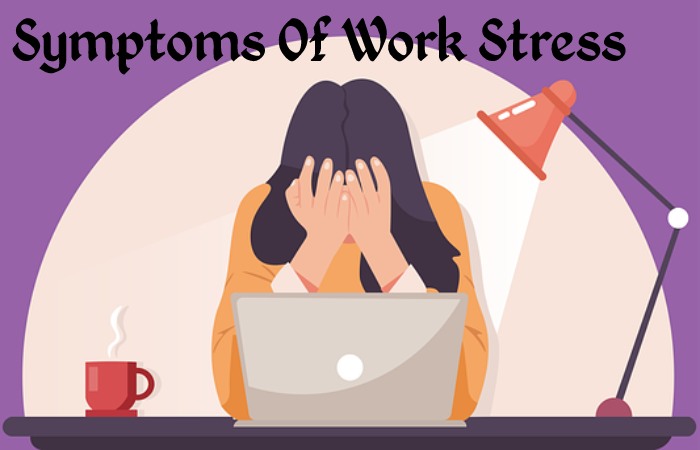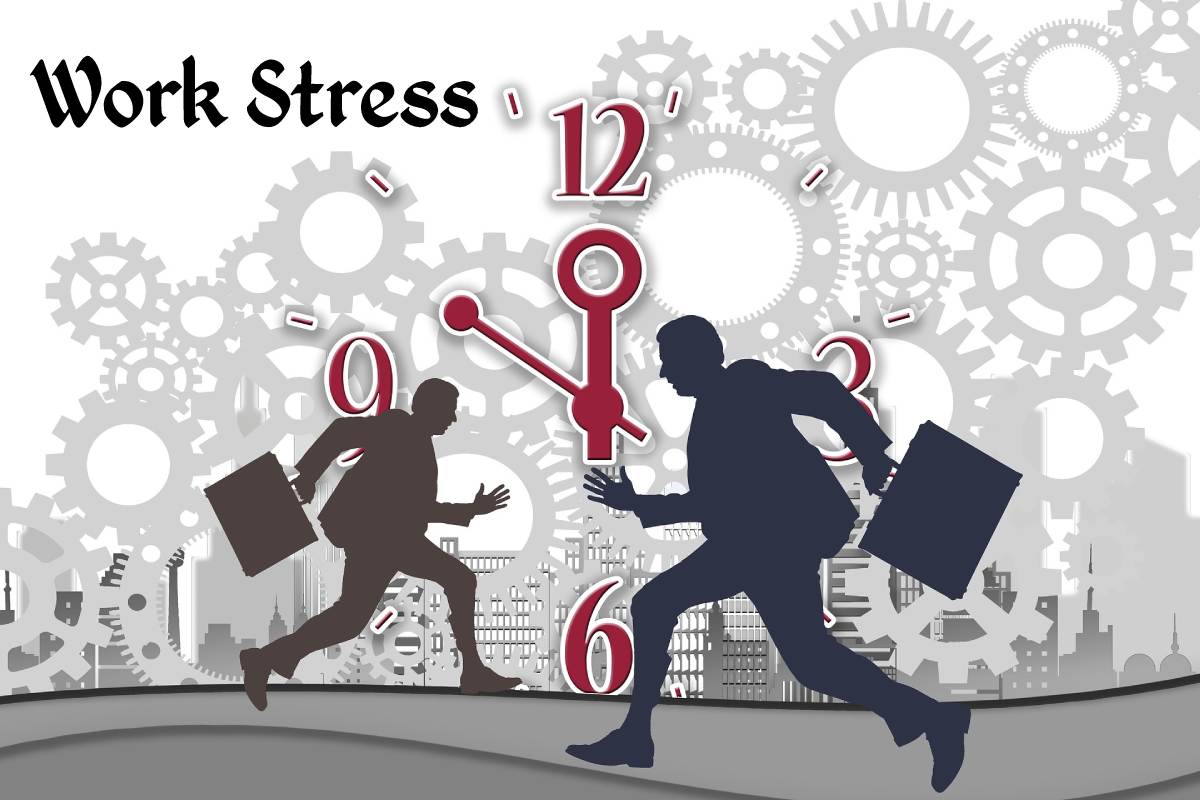Nervous laughter, anxiety, helplessness and demotivation are some symptoms of work stress. Did you show any of them? Here we tell you what this excessive tension is, its causes, and how you can reduce it.
Table of Contents
Work Stress Or Burnout Syndrome
The Peruvian portal Prevecon explains that work stress “is due to the excessive pressure in the work environment. It is generally a consequence of the unevenness between the demand for work (including one’s own) and the capacity or resources available to meet it efficiently’.
Work stress is a distinct reaction of the body to a situation that the person might find threatening at work.
However, it is essential to clarify that stress plays an activating role in the body. So we have to distinguish between positive anxiety (optimal level to carry out the necessary activities in our daily life) and negative stress.
Attention: It becomes a burnout syndrome when the level of activation of the organism exceeds or falls below the requirements of the situation, causing changes in the person.
Causes Of Work Stress
Here are different triggers of work stress. The National Institute of Public Health (INSP) warns that causes can be:
Specific to the type of business. A job that has to be done against the clock and does not offer job stability. Even if the person is little involved in decisions and has little career development. Or if you have extended hours, low wages, sexual or psychological harassment
Relationship homework. Conflicts of responsibility, especially for women. Domestic violence, physical assault, the risk of rape and difficulties in the logistics of daily living also cause stress in the workplace.
Personally, this is the case with competitive, hostile, or overly committed people.
Symptoms Of Work Stress

Just as we have seen multiple triggers to work stress, there are different symptoms associated with this burnout syndrome.
Emotionally. You may feel restlessness, anxiety, irritability, bad mood, frustration, exhaustion, helplessness, insecurity, demotivation, intolerance.
Behave. It’s possible that your productivity may drop, that you keep making the same mistakes, that you have trouble speaking, that you laugh nervously, or that you want to cry. Likewise, another symptom is rough treatment in social relationships, clenching of the jaws, increased consumption of tobacco, alcohol and other substances.
Cognitive. The Mexican institution IMSS explains that work stress leads to difficulties concentrating, confusion, forgetfulness, reduced ability to solve problems and learn.
Physiological. This syndrome can cause. Headaches, back or neck problems, upset stomach, fatigue, infections, palpitations, rapid breathing, increased blood pressure, fatigue, increased risk of obesity and cardiovascular problems, memory problems, and even trouble sleeping.
How To Avoid Work Stress
We come to the refrain that interests us most: what we can do to reduce work stress.
As we have already seen, a little stress is a great motivator for creativity at work, but too much stress affects our personal and professional well-being. That is why below, we share the following practical recommendations from the Medline Plus portal.
- Take a break. The world won’t stop spinning because you stop for a few seconds. If you’re feeling stressed or angry at work, take a break. Even a short break can help refresh the mind: take a short walk or eat a healthy snack. If you can’t leave your desk, close your eyes and take a deep breath.
- Set sensible goals. Avoid saying “yes” to everything. This is not healthy for you. You may not accept more work than you can reasonably perform during your working hours.
- Get organized. Start each daytime by creating a list of deliverables. Order these tasks by importance and solve them from top to bottom.
- Do things you enjoy. Reserve a spot in your week for activities you want, be it a sport, a hobby or a movie.
- Use your free time. Just as it is essential to work, it is also important to rest. Ask for vacation or take time regularly to change your environment and routines. It doesn’t have to be 15 full days, just going out for a weekend gives you a better view of what’s happening.
- Learn other methods of dealing with stress. There are many other habits to deal with stress, such as B. regular training, mindfulness exercises and other relaxation techniques.
- I was searching for help. Many companies offer employee counselling or assistance programs to help with workplace issues. Conversation in a safe and comfortable environment may be all it takes to take the load off your shoulders.
Companies That Reduce Work Stress
Businesses can mitigate work stress in some ways, and according to the World Health Organization, the ways to prevent it are broken down as follows:
Primary: Stress reduction through ergonomics, However the definition and environment design, improved organization and leadership.
Secondary: Stress reduction through training and further education of employees.
Tertiary Education: Reducing the effects of stress by developing more sensitive and responsive management systems and improving the delivery of occupational health services.
However, hope these recommendations will help you reduce stress at work. When it comes to your well-being at work, we think of you on the Doctor blog.
How useful did you find this content?
Moreover, upstairs content is for educational and informational drives only and was developed using trusted medical sources and recommendations from health professionals. However you feel identified with a symptom or medical term described, or if you are a patient, we encourage you to consult your doctor.
Remember that with Doctor, a brand supported by Servicios Bolívar, you can also request a doctor’s appointment with a specialist of your choice from the network of registered doctors.

